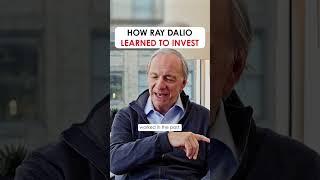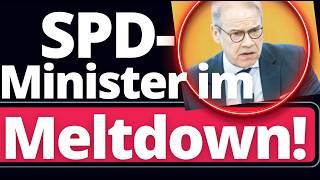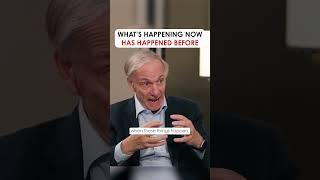| Recorded at “The End of Politics”—the Dallas-Ft. Worth Mises Circle—on 5 November 2016.
America appears more divided than any time since the Vietnam War, by race, class, faith, sex, sexuality, education, political party, and zip code. And thanks to social media, we are utterly aware of those divisions. No matter who wins the nasty contest between Clinton and Trump, millions of Americans—perhaps 100 million or more—will consider themselves disenfranchised and unrepresented in Washington. Government and politicians won’t go away anytime soon, to be sure. But are we approaching the limits of what can be done politically in America? The federal government faces serious structural problems involving debt, spending, entitlements, regulations, taxes, civil liberties, and foreign policy. Congress can’t even pass a budget, much less decide the great issues of the day. Gridlock—a positive development for libertarians—is now an entrenched feature of the political landscape in DC. As politics breaks down, will the myth of democratic consensus be exposed? Will the great social, economic, and cultural matters of our time increasingly not be decided by politicians? And will America turn to markets and civil society for answers to the seemingly intractable problems government can’t solve? Is the future necessarily more authoritarian and statist, or does the breakdown of politics provide an opportunity for us to make the case for pragmatic, non-political solutions to social and economic problems? |
Tags:







































